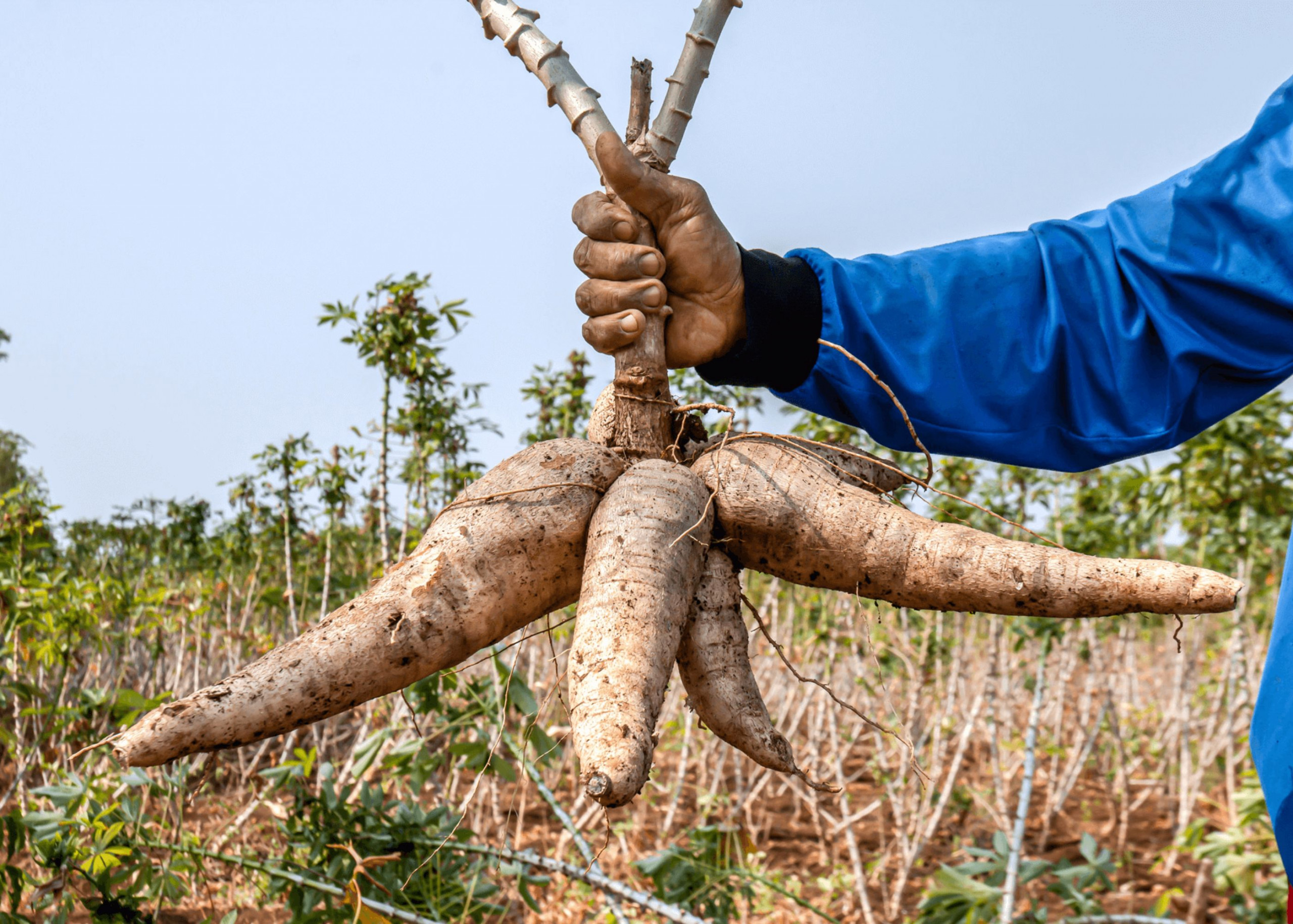News in brief:
– A farmer in Plateau State, had his crops stolen before he could harvest them, leading to a loss of investment.
– He believes the theft was a deliberate act, not motivated by hunger, and several other farmers have reported similar experiences.
A farmer in Jos, Plateau State, has revealed that thieves stole his crops before he could harvest them. The farmer, who posted the news on X with the username @@anyanwu_ace, mentioned that he had grown maize, soya beans, ground nuts and cassava on the piece of land.
“After all our labour, I came to harvest today and barely got 12 bags of maize. The maize, the entire cassava and groundnut had been stolen,” he wrote.
He added that he did not believe that the motivation behind the act was hunger, or that it had been carried out by some hungry persons living around his farm’s location. Instead, he thinks that the act may have been criminally masterminded.
“They came with bags and stole in commercial quantity. They peeled it on the farm. They dug up the entire cassava (prematurely), and groundnut and left a few rows of corn,” he mentioned.
Anyanwu’s plight was not a one-off occurrence as several comments under his post showed. Another X user claimed that he too had been a victim of thieves and the regularity forced him to shut down operations.
People hide behind hunger and those alot of stealing, this year as been crazy for me, thief as male it a monthly thing to come and steal from my backyard poultry farm but Alhamdullahi I have close down the farm
— Azeez Amonla (@Alamonla) October 10, 2024
Anyanwu’s farm, according to the pictures he shared along with the posts, was fenced all around. Yet, it did not prevent the perpetrators from, likely scaling the fence to get entry and stealing his crops.
Farmers in Nigeria, and other parts of the world, have been plagued by thieves for years. To prevent loss, many have been forced to invest in security measures like acquiring weapons, guard dogs, or paying for security personnels. However, these investments increase the cost of production and will translate into increased food prices.



